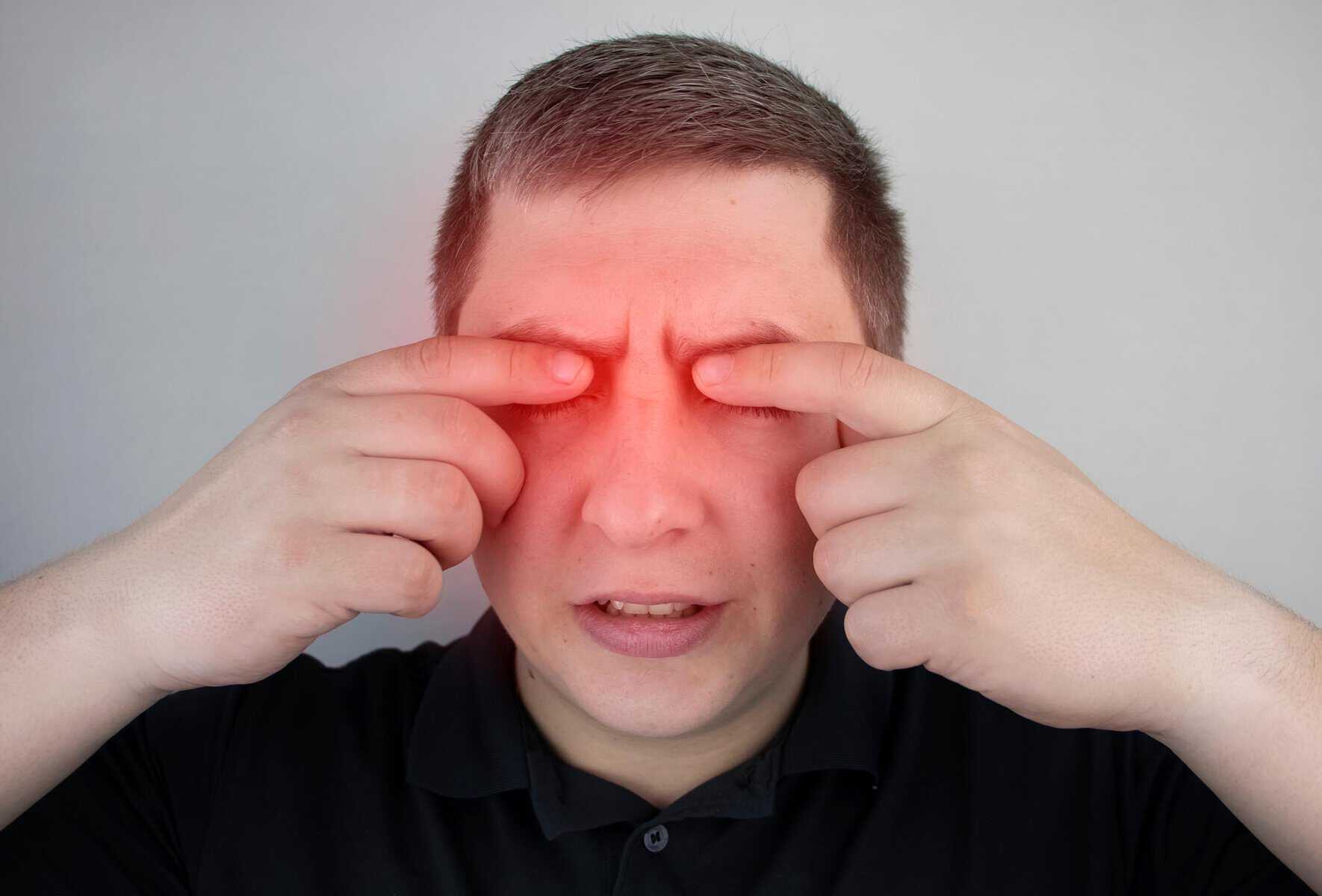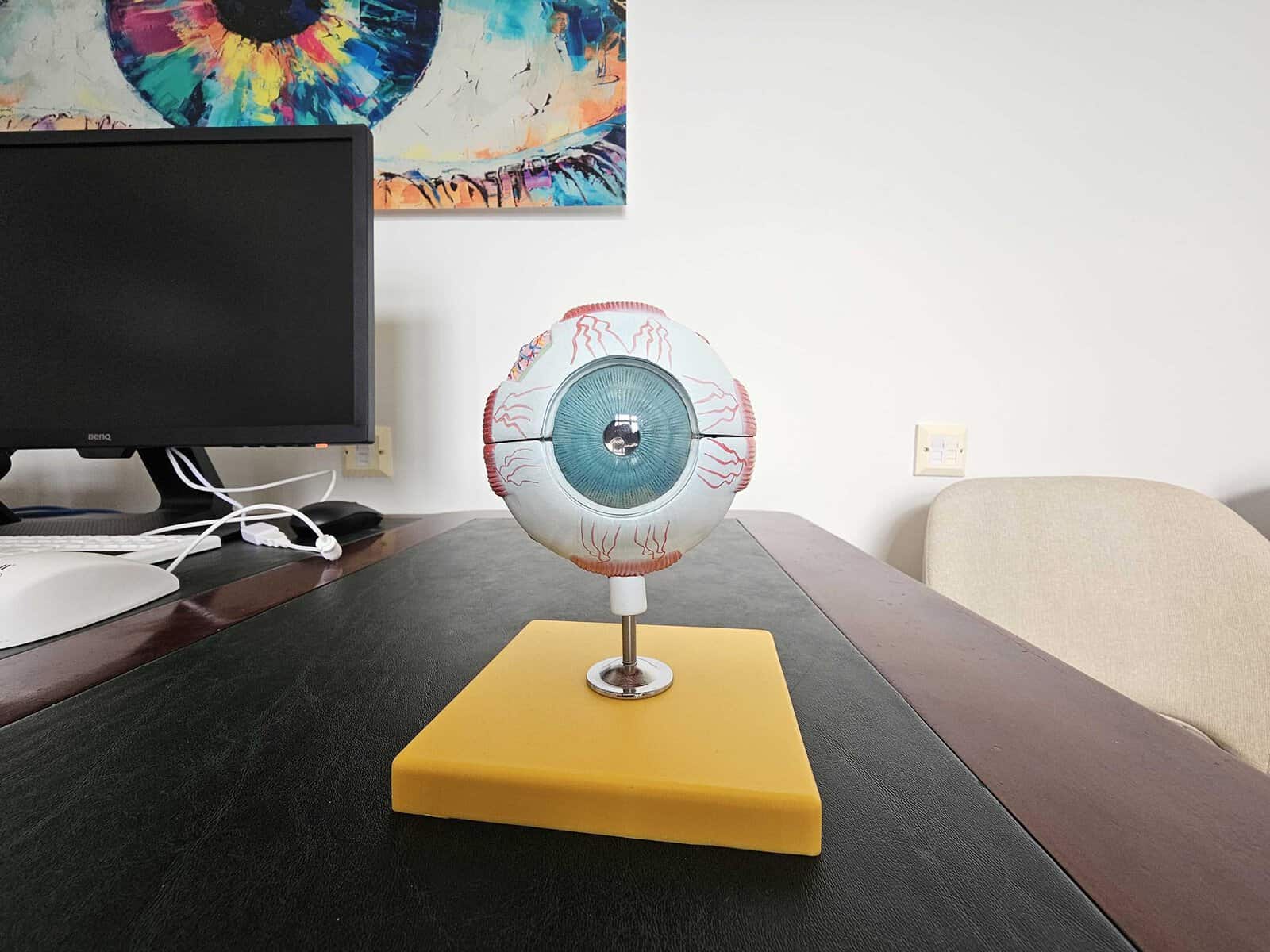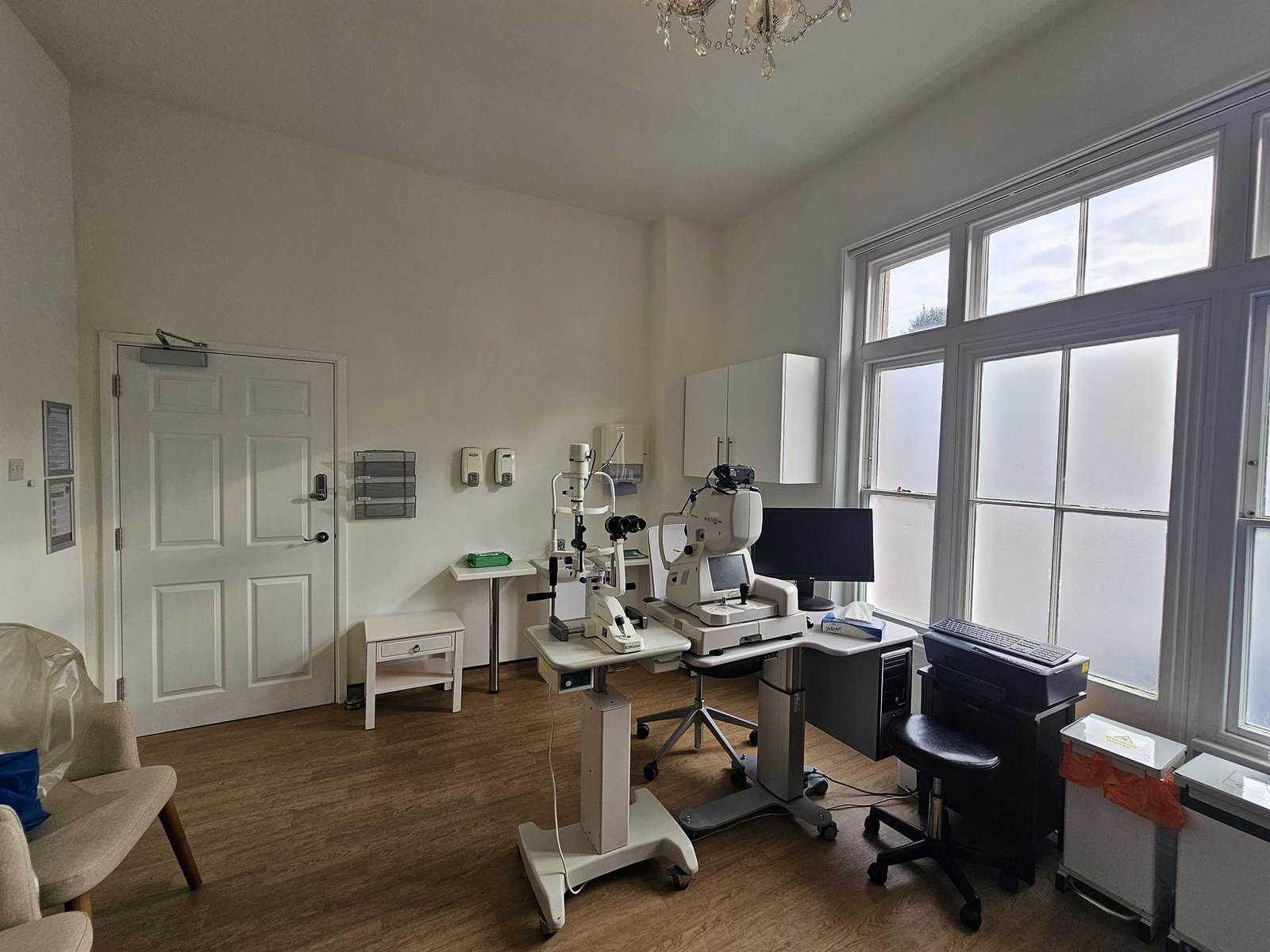Recurrent Corneal Erosion
Recurrent corneal erosion can be painful and disruptive. Submit an enquiry for a consultation today to explore treatment options and regain comfort and clarity in your vision.

Overview
Recurrent corneal erosion (RCE) is a condition where the cornea’s outermost layer, the epithelium, repeatedly breaks down, causing pain and vision disturbances. This condition can significantly impact daily life, causing discomfort and sensitivity to light. At The Forbury Clinic, we specialise in diagnosing and treating RCE using advanced methods to ensure effective and lasting relief. Addressing RCE promptly is crucial to prevent further damage to the cornea and maintain optimal eye health. Contact us today to schedule a consultation and receive a personalised treatment plan tailored to your needs.


What is Recurrent Corneal Erosion?
Recurrent corneal erosion (RCE) is a disorder characterised by repeated episodes of the cornea’s outer layer, the epithelium, detaching from the underlying tissue. This detachment leads to sudden pain, tearing, and light sensitivity, often occurring upon waking. The cornea is essential for focusing light onto the retina, and any damage to it can affect vision quality.
Common symptoms and signs:
- Sudden onset of sharp eye pain, especially in the morning
- Excessive tearing
- Light sensitivity (photophobia)
- Blurred vision
- A feeling of a foreign body in the eye
- Redness of the eye
Causes and Risk Factors
Causes
What causes Recurrent Corneal Erosion?
Trauma:
An injury to the cornea, such as a scratch or abrasion, is a common cause of RCE.
Previous Eye Surgery:
Procedures like LASIK can increase the risk of RCE.
Corneal Dystrophies:
Genetic conditions like epithelial basement membrane dystrophy (EBMD) can cause weak adherence of the corneal epithelium.
Risk factors contributing to the development of RCE:
Dry Eyes:
Insufficient tear production can exacerbate the condition.
Eyelid Disorders:
Conditions like blepharitis can increase the risk of RCE.
Contact Lens Use:
Improper use of contact lenses can lead to corneal damage.
Age:
Older adults are more susceptible due to age-related changes in the cornea.
Genetics:
A family history of corneal dystrophies can increase the likelihood of RCE.
Diagnosis
Diagnosing RCE involves a thorough eye examination and specific tests to determine the extent and cause of the erosion:
- Slit-Lamp Examination: Allows the ophthalmologist to examine the cornea in detail, identifying any irregularities or erosions.
- Patient History: Reviewing the patient’s medical history and any previous eye injuries or conditions.
- Corneal Topography: Maps the surface curvature of the cornea to detect any abnormalities.
- Tear Film Analysis: Assesses the quality and quantity of tears to rule out dry eye syndrome.

Treatment Options
Treating RCE aims to promote healing of the corneal epithelium and prevent recurrence. The available treatments include:
- Non-Surgical Options
- Surgical Treatments
- Innovative Treatments
Lubricating Eye Drops and Ointments:
Used to keep the eye moist and protect the cornea during healing.
Hypertonic Saline:
Eye drops or ointments that draw fluid out of the cornea, reducing swelling and promoting healing.
Bandage Contact Lenses:
Soft lenses that protect the cornea and provide pain relief while the epithelium heals.
Autologous Serum Eye Drops:
Made from the patient’s blood, these drops can help promote healing and reduce inflammation.
Anterior Stromal Puncture:
A procedure where tiny punctures are made in the cornea to encourage the epithelium to adhere more firmly.
Phototherapeutic Keratectomy (PTK):
A laser procedure that removes the damaged surface layer of the cornea, allowing new, healthy tissue to grow.
Debridement:
The removal of loose or damaged epithelial cells to allow healthy cells to grow back more securely.
Advanced Diagnostic Tools:
Using the latest technology to accurately diagnose and monitor RCE.
Personalised Treatment Plans:
Tailoring treatments to the specific needs and condition of each patient.
Minimally Invasive Procedures:
Offering options that minimise discomfort and recovery time.
At The Forbury Clinic, our multidisciplinary team ensures that each patient receives the most appropriate and effective treatment, tailored to their specific needs and health goals.
Managing Recurrent Corneal Erosion
Managing RCE involves a combination of medical treatment and lifestyle adjustments:
Regular Eye Examinations:
Frequent check-ups to monitor the condition and adjust treatment as needed.
Medication Adherence:
Ensuring consistent use of prescribed treatments to maintain corneal health.
Protective Eyewear:
Wearing sunglasses to reduce light sensitivity and protect the eyes from further injury.
Proper Eyelid Hygiene:
Keeping the eyelids clean to prevent infections and inflammation.
Adequate Hydration:
Drinking plenty of water to maintain healthy tear production.
These management strategies aim to complement medical treatments and provide a holistic approach to improving eye health and overall well-being.
Complications and Prognosis
Possible complications if untreated:
- Persistent pain and discomfort
- Increased risk of corneal infections
- Scarring of the cornea, leading to vision impairment
Prognosis:
With appropriate and timely treatment, most patients experience significant relief from symptoms and a reduction in the frequency of recurrences. Regular monitoring and adherence to the treatment plan are crucial for maintaining corneal health and preventing complications.


Why Choose The Forbury Clinic?
Choosing The Forbury Clinic for your RCE treatment ensures access to top-tier care and advanced medical technology. Our clinic boasts a team of highly experienced ophthalmologists dedicated to providing personalised and effective treatment plans. We utilise state-of-the-art diagnostic tools to ensure accurate diagnosis and continuous monitoring. Our patient-centered approach prioritises comfort, privacy, and overall well-being. At The Forbury Clinic, we are committed to helping you regain your vision and improve your quality of life.
